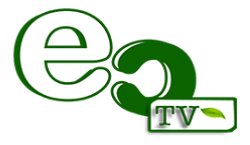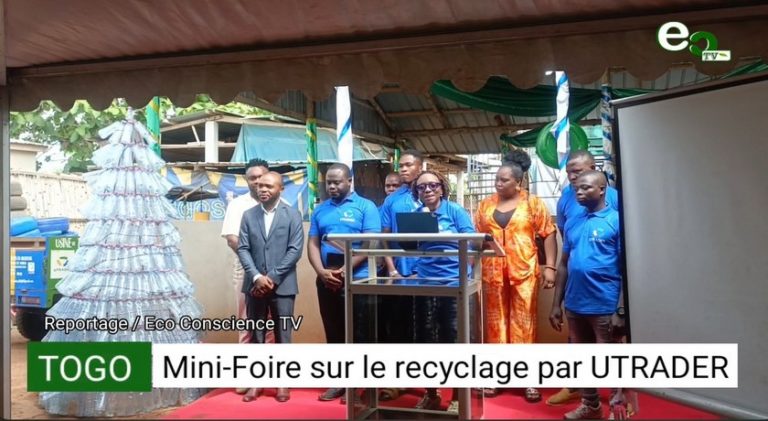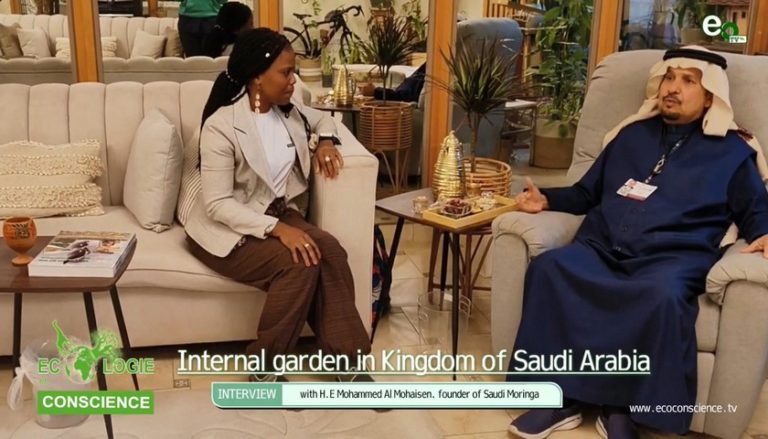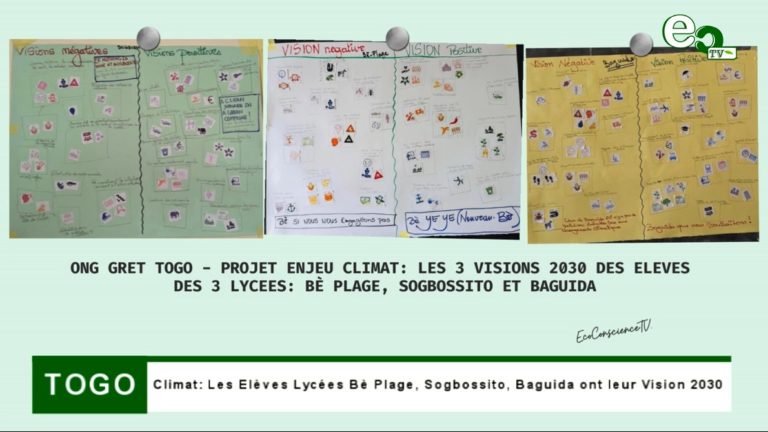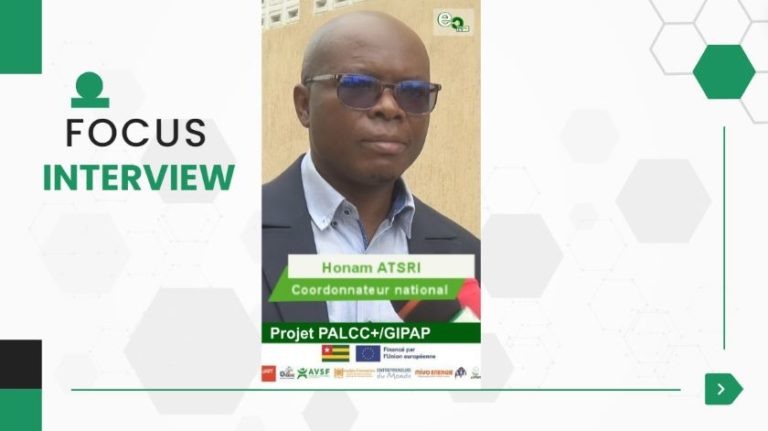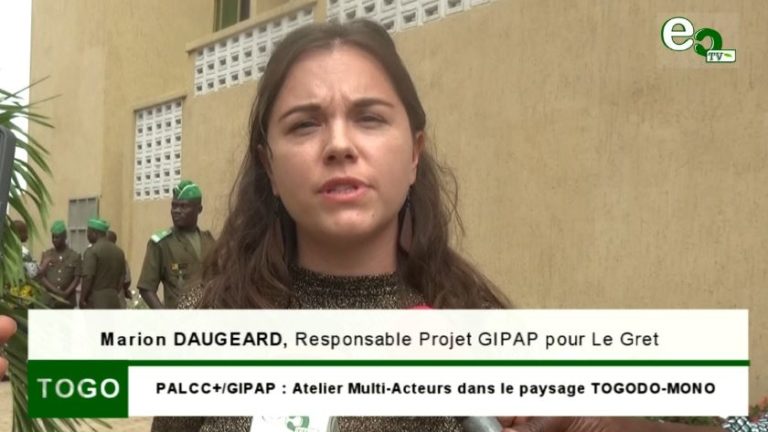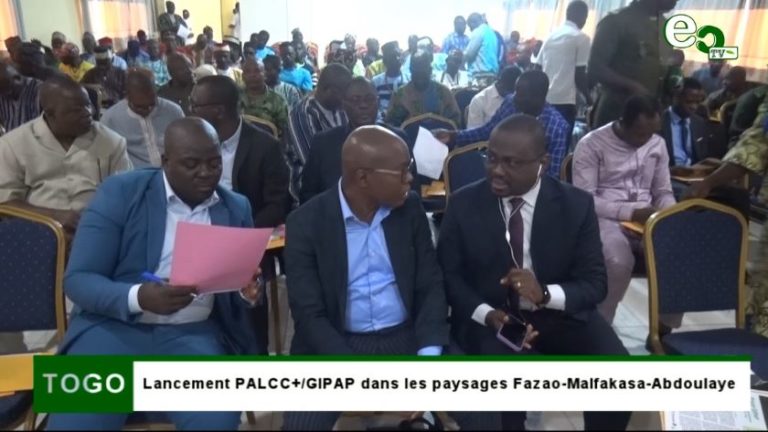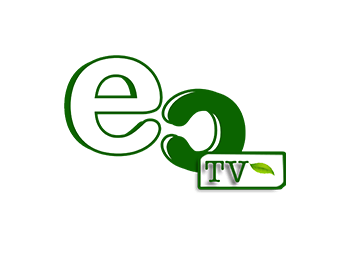In December 2017 the United Nations Environmental Assembly took place in Nairobi Kenya under the theme ‘Towards a Pollution Free Planet’ and adopted 11 resolutions one of which was on Marine Litter and Microplastics. Our oceans are so contaminated with plastics to the extent that it is estimated by 2050 there will be more plastics in the oceans than fish. Which mean that by 2050 our fishermen and women will harvest more plastics than fish. This will impose serious social, economic and ecological problems including problems related to nutrition and food security, incomes, health, tourism, etc.
In Africa countries in the west and north of the continent are more affected than those from the southern part due to the direction of flow of ocean currents that normally wash away plastics and other marine litter from the southern towards the northern and western parts of the continent. Already the western part of the continent is facing problems in the tourism sector due to the amount of plastics and other litter in their coastal waters.
Pursuant to resolution 3/7 of the United Nations Environment Assembly of the United Nations Environment Programme https://papersmart.unon.org/resolution/uploads/k1800210.english.pdf at its third session, on marine litter and microplastics, an ad hoc open-ended expert group on marine litter and microplastics was established and requested to further examine the barriers to and options for combating marine plastic litter and microplastics from all sources, especially land-based sources:
(a) To explore all barriers to combating marine litter and, including challenges related to resources in developing countries;
(b) To identify the range of national, regional and international response options, including actions and innovative approaches, and voluntary and legally binding governance strategies and approaches;
(c) To identify environmental, social and economic costs and benefits of different response options;
(d) To examine the feasibility and effectiveness of different response options;
(e) To identify potential options for continued work for consideration by the United Nations Environment Assembly.
The first meeting of the ad hoc open-ended expert group on marine litter and microplastics took place at the UN Office in Nairobi Kenya; the meeting started on Tuesday 29th May and ended on Thursday 31st May. UNEP member states and other stakeholders are attending the meeting to discuss documents prepared by the UNEP Secretariat on the 5 (a-e) areas of work assigned to the ad hoc open-ended expert group on marine litter and microplastics.
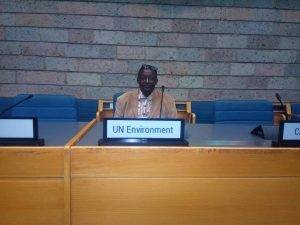 WELFARE TOGO and EcoConscience TV participated in this meeting as a member of the UN Major Groups Network. They are represented by the Technical Adviser Dr. Yahya Msangi. The meeting is expected to provide the basis for continued work on resolving the problem.
WELFARE TOGO and EcoConscience TV participated in this meeting as a member of the UN Major Groups Network. They are represented by the Technical Adviser Dr. Yahya Msangi. The meeting is expected to provide the basis for continued work on resolving the problem.
Agenda of the meeting include discussion on:
- 1. Feasibility and effectiveness of different response options
Delegates will discuss 3 possible response options:
Option A: Maintaining the status quo which calls for strengthening of existing instruments
Option B: Revising existing instruments to enable them address the issues related to marine litter and microplastics
Option C: Developing a new international instrument i.e. a new specific convention
2. Barriers to combating marine litter and microplastics, including challenges related to resources in developing countries,
3. National, regional, and international response options, including action and innovative approaches, and voluntary and legally binding governance strategies and approaches.
4. Environmental, social and economic costs and benefits of different response options ,
The outcome of this meeting will be submitted to the 4th Environmental Assembly that is expected to take place in March 2019 in Nairobi Kenya. The General Assembly will take a decision on whether there is a need of a new specific convention to deal with Marine Litter and Microplastics. Once and if this decision is taken it will trigger the negotiation process.
For further information consult us at [email protected] and [email protected]
